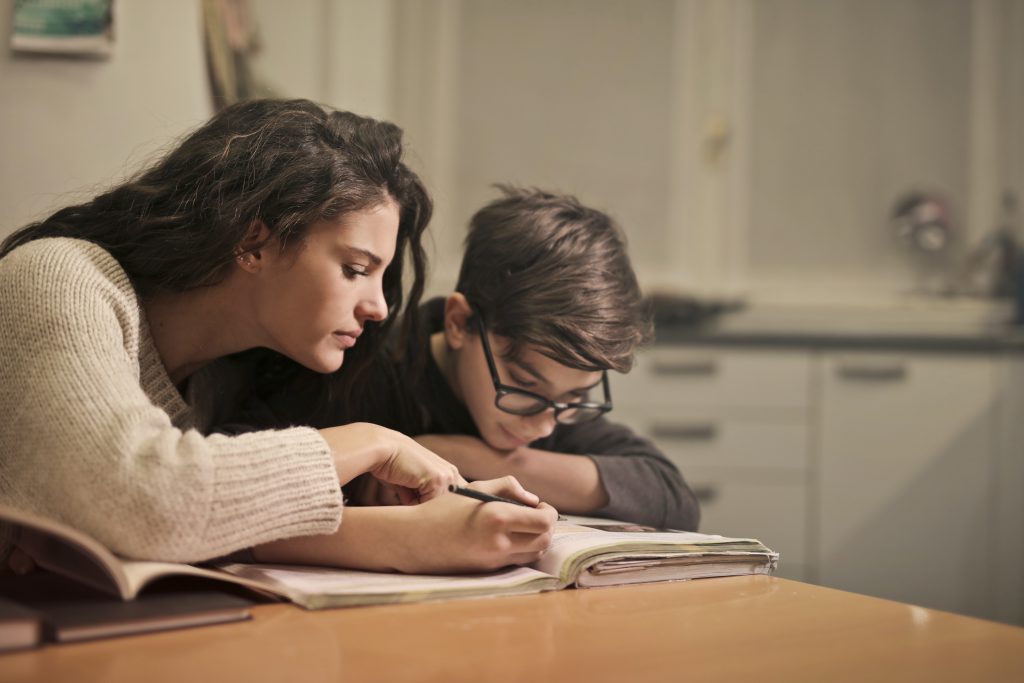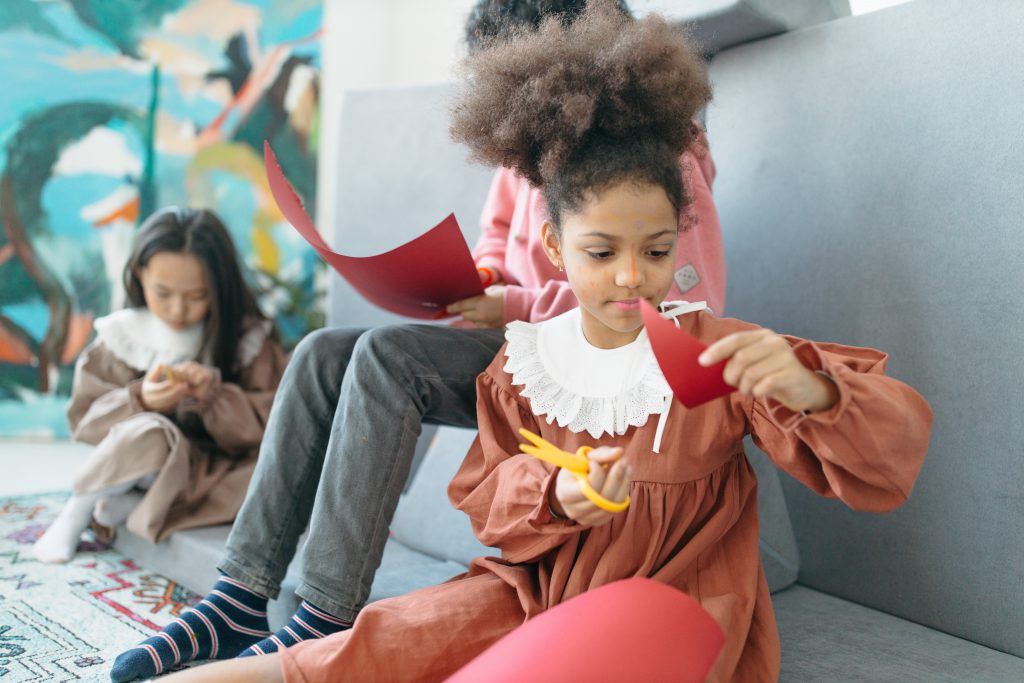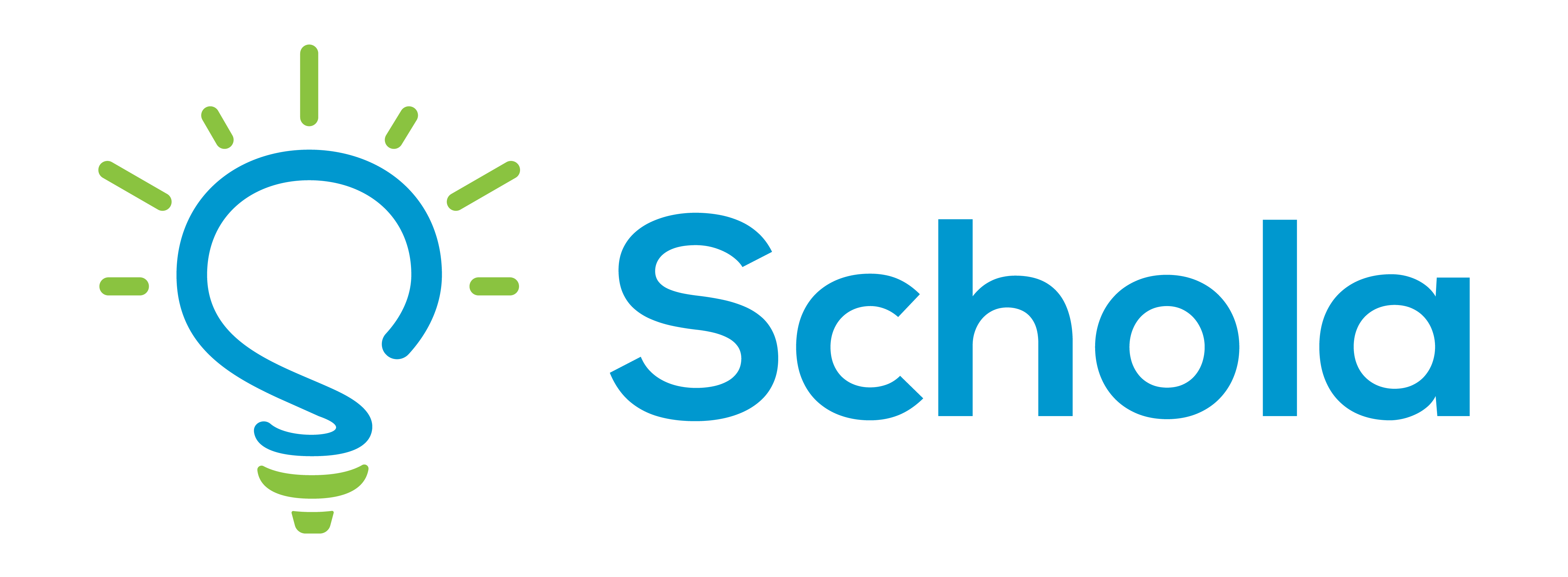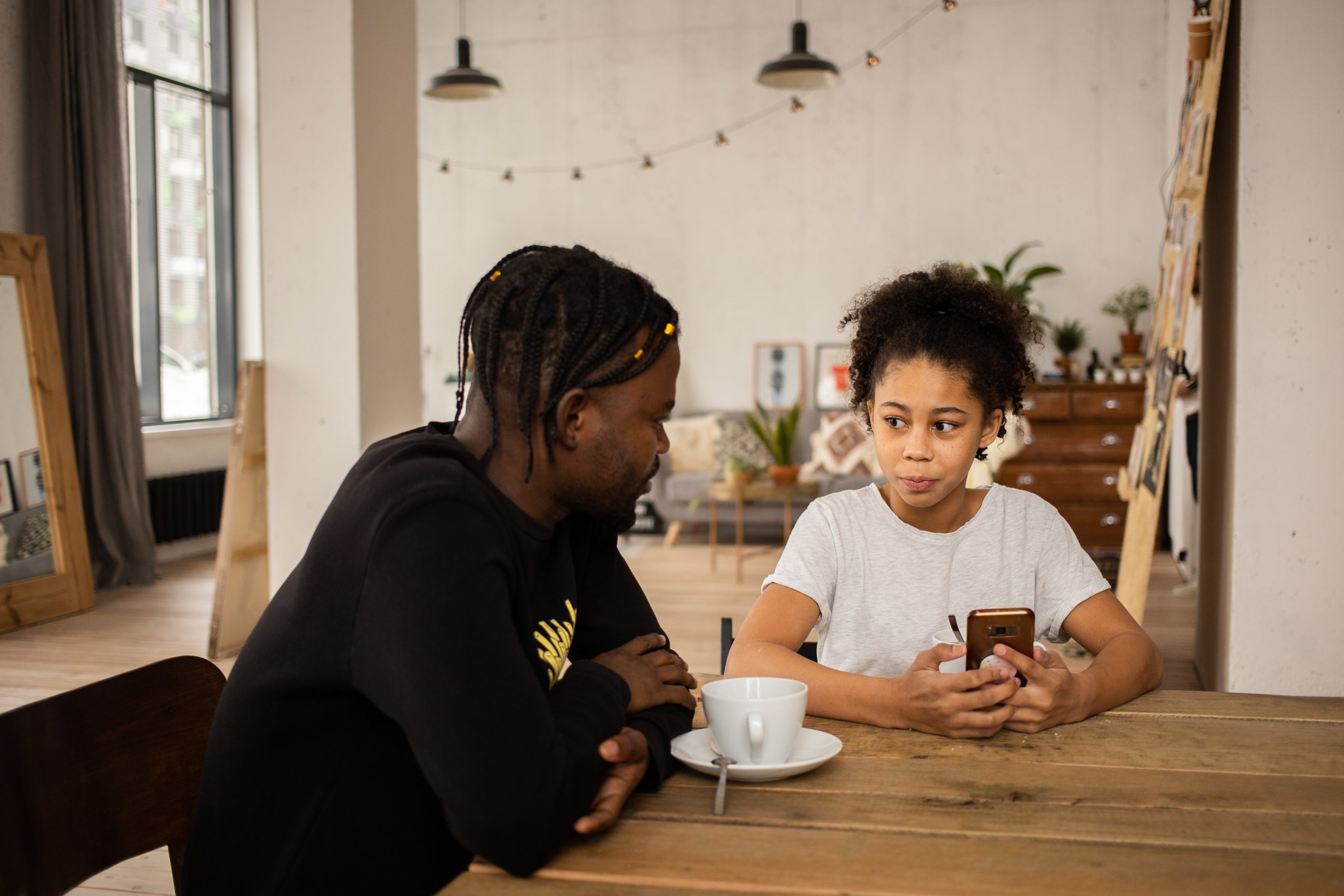As the year ends, it is important that we all take a moment to reflect on what we’ve accomplished so far and set goals for the new year – and children are no exception. Promoting reflection from a young age can help improve self-awareness, relationships with peers, character development, and recognition of newly gained knowledge. But how can you encourage your child to reflect on everything they did and learned at school this year and get ready for an even better 2023?
Christina Torres, an eighth-grade teacher, recommends three easy methods for reflection:
1. Ask Questions
As parents, we know that getting our children to talk about specific topics is not always easy, so creating a list of key questions can come in handy to spark a conversation and focus on tackling particular subjects that can help them reflect on what really matters.
- What was a “win” this year? Identify at least one success you had this last semester.
- What are at least two things that helped contribute to your success?
- What is one assignment or activity that you did well?
- What practice or idea do you want to let go of in the next semester?
- Who can support you in doing your best next semester? Identify at least one person and say how they can help you.
It’s essential to ensure that our questions are open-ended and provide a safe space to reflect. Avoid asking questions like, “What went wrong?” as it can feel judgmental. Instead, I ask them to consider, “What will help you thrive?” or “How can you help yourself achieve?”
2. Write a Letter
Ask your child to write a letter to themselves before the year ends (and feel free to write one to yourself). This type of exercise provides a more open and free-form space to allow children to explore their ideas and beliefs about their work, and it will enable them to organize their thoughts more organically.
- Write five things you like about yourself and how you will keep developing them.
- Write a message to your future self explaining how you feel right now and the things you will accomplish.
- Write a letter to your past self and tell him/her two things you learned this year and two things that made you happy.

3. Create a Vision Board
Vision boards help us visually process our goals and ideas for the future, though they can easily include more reflective questions. Vision boards can be powerful tools for children to visualize what success looks like for them academically and outside of their school lives. These visualizations can help them make deeper connections to their goals and the work they need to do. Plus, they are fun to do and share with each other!

All of these methods can be useful for both children and their parents, so why not join in the self-reflection fun? We all know that life is usually pretty hectic, so taking the time before the year ends to pause and think about where we are, what we did to get here, and where we are going is vital for us to keep growing regardless of age.
From our Schola family to yours, we wish you a happy holiday season filled with some well-deserved quality time. See you in 2023 with more tips and resources on how to help your Pk-12 child thrive in and out of school!

